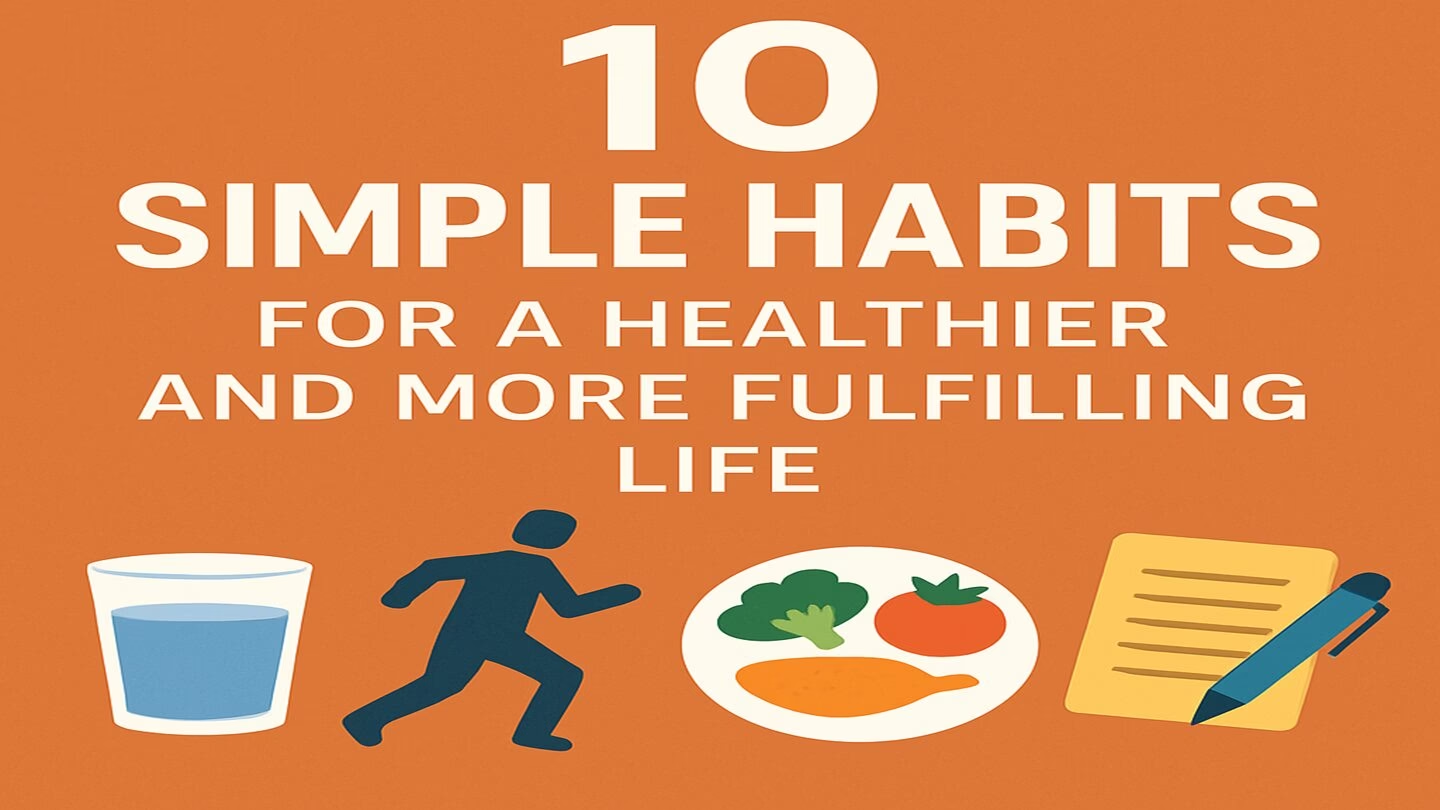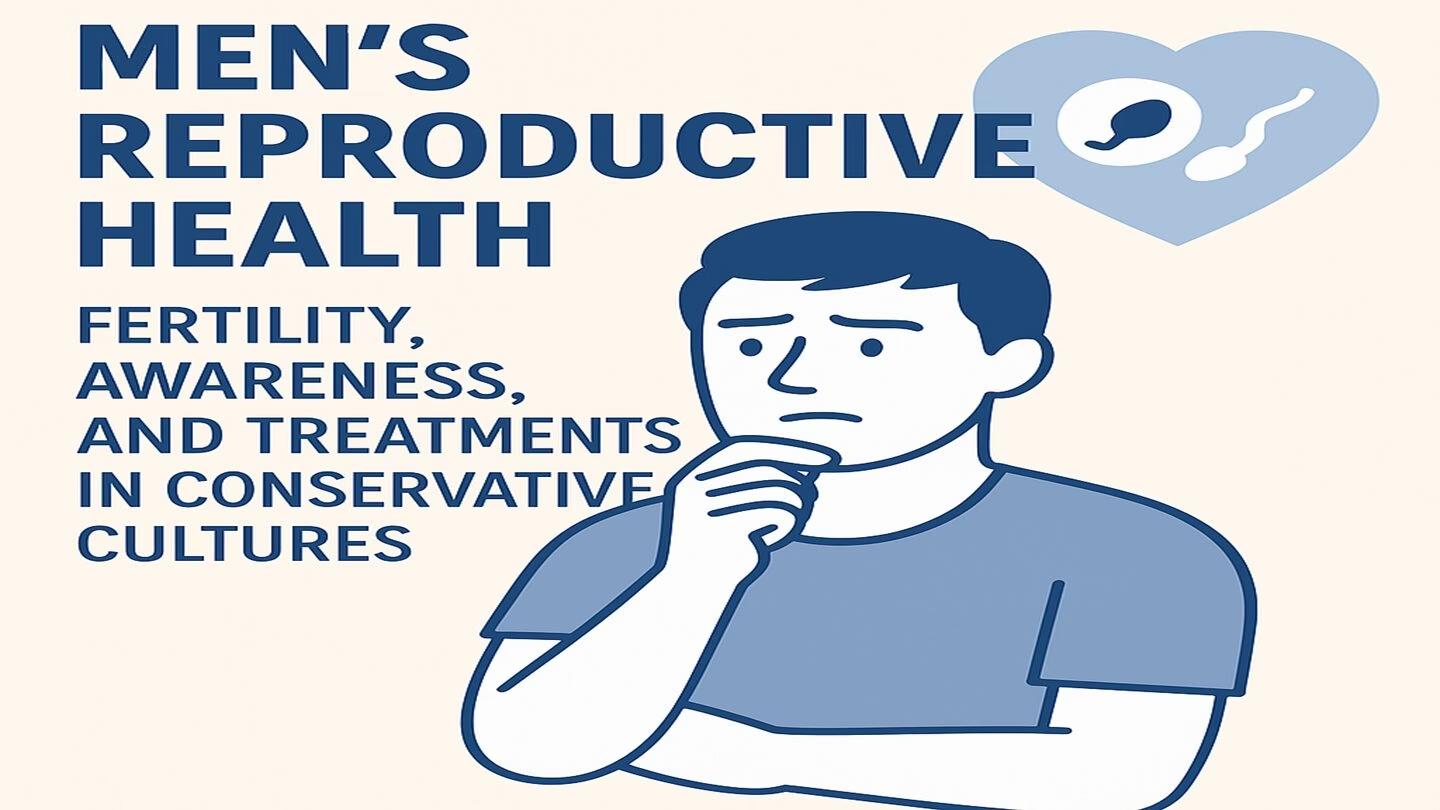Leading a healthy lifestyle doesn’t have to be overwhelming or require drastic changes. Often, it’s the small, consistent actions that make the biggest impact on your overall well-being. By integrating a few simple habits into your daily routine, you can improve your physical health, mental clarity, and emotional balance. Here are ten easy habits to help you live a healthier and more vibrant life:
1. Start Your Day with a Glass of Water
Your body becomes dehydrated overnight, so drinking a glass of water first thing in the morning is a great way to kickstart your system. This simple habit helps:
- Rehydrate your organs
- Wake up your digestive system
- Flush out toxins
- Boost your metabolism and mental alertness

Try placing a glass of water on your bedside table each night so you remember to drink it as soon as you wake up.
2. Incorporate Physical Activity
Regular movement is vital for both physical and mental well-being. Aim for at least 30 minutes of moderate activity each day. This could include:
- A brisk walk around your neighborhood
- Stretching or yoga at home
- Dancing, swimming, cycling, or any sport you enjoy

Exercise improves heart health, strengthens muscles, boosts mood by releasing endorphins, and helps manage weight. Even short bursts of activity throughout the day can add up and make a difference.
3. Prioritize Sleep
Sleep is often overlooked, but it’s a foundational pillar of good health. Adults need 7 to 9 hours of quality sleep per night to allow the body and brain to repair and rejuvenate. Proper sleep:
- Enhances memory and concentration
- Supports immune function
- Regulates mood
- Helps maintain a healthy weight

Create a bedtime routine, avoid caffeine in the evening, and minimize screen time an hour before bed to improve sleep quality.
4. Eat a Balanced Diet
What you eat directly affects your energy, mood, and long-term health. A well-balanced diet should include:
- Plenty of fruits and vegetables
- Whole grains like oats, brown rice, and quinoa
- Lean proteins such as chicken, fish, legumes, and tofu
- Healthy fats like nuts, seeds, and olive oil

Avoid highly processed foods, sugary drinks, and excessive salt. Focus on natural, colorful foods to provide your body with essential vitamins and minerals.
5. Practice Mindfulness or Meditation
In today’s fast-paced world, taking a few minutes each day to be present and mindful can make a huge difference. Mindfulness and meditation can help:
- Reduce anxiety and stress
- Improve focus and emotional regulation
- Promote a sense of calm and clarity

You don’t need to meditate for hours. Even just 5-10 minutes of deep breathing, guided meditation, or quiet reflection can bring noticeable benefits.
6. Limit Screen Time
With screens dominating our lives, it’s important to set boundaries, especially before bedtime. Prolonged screen use can lead to:
- Eye strain and headaches
- Disrupted sleep patterns (due to blue light)
- Increased stress and reduced attention span

Try taking digital breaks throughout the day, using “Do Not Disturb” features, and replacing screen time with hobbies like reading, journaling, or outdoor activities.
7. Stay Connected
Humans are social beings, and strong relationships are vital for emotional well-being. Make an effort to regularly connect with friends, family, or even community groups. Healthy social interaction can:
- Reduce feelings of loneliness
- Provide emotional support during difficult times
- Increase happiness and sense of belonging

Even a quick phone call or a short walk with a friend can brighten your day.
8. Practice Gratitude
Taking time each day to reflect on what you’re grateful for can shift your mindset and improve overall happiness. Benefits of gratitude include:
- Lower stress levels
- Better relationships
- Increased optimism and self-esteem

You can keep a gratitude journal, say your thanks out loud, or simply think of three things you’re grateful for before going to bed.
9. Plan Your Meals
Meal planning might seem like a chore, but it can actually simplify your life and help you stay on track with your health goals. By planning your meals for the week, you can:
- Ensure a balanced diet
- Avoid impulsive, unhealthy choices
- Save money and reduce food waste

Try setting aside time each weekend to write a meal plan, prep ingredients, or even batch cook for the week ahead.
10. Take Breaks Throughout the Day
Sitting or focusing for long periods without breaks can lead to fatigue, burnout, and decreased productivity. Make it a habit to:
- Stand up and stretch every hour
- Take short walks during work breaks
- Step away from your desk to refresh your mind

These micro-breaks can revitalize your energy, improve focus, and reduce physical discomfort, especially if you work at a computer all day.
Final Thoughts
Improving your health doesn’t require a complete life overhaul. Start with one or two of these habits and gradually add more as they become part of your routine. Small, consistent actions have the power to create lasting change. Remember, progress is more important than perfection. Your journey to better health starts with a single step — take it today.
ABOUT THE AUTHOR
Dr. Nora West is a highly skilled MBBS doctor with a special interest in women’s health and patient education. She is dedicated to providing compassionate care and believes in building strong doctor–patient relationships based on trust and understanding. Dr. Nora focuses on empowering her patients with the knowledge they need to make informed decisions about their health. She is particularly passionate about preventive medicine, nutrition, and lifestyle interventions that can significantly improve quality of life. Known for her warmth and professionalism, Dr. Nora combines evidence-based medicine with a personalized approach, ensuring every patient feels supported on their journey to better health.














Add comment